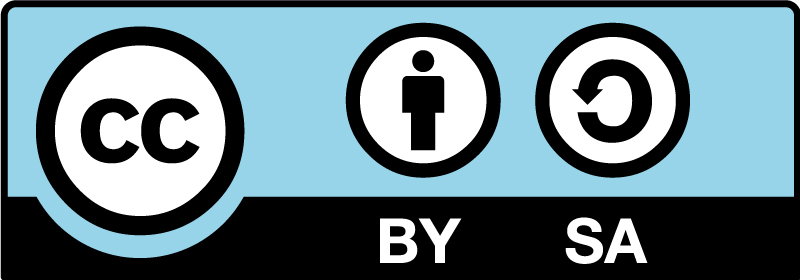13 September 2013
Dorris Heffron
Chair
The Writers’ Union of Canada
200-90 Richmond Street East
Toronto, Ontario M5C 1P1
Dear Ms. Heffron:
Thank you for your letter dated September 13, 2013, in which you express your concern about fair dealing and the steps that UBC is taking to make course packs and other learning materials available to students on the most cost-effective basis possible.
The Parliament and the Supreme Court of Canada have established a legal framework that recognizes the rights of both authors and users. I assure you that UBC respects these rights and is committed to meeting its legal obligations. Indeed, UBC pays in the neighbourhood of $25 million to publishers and authors every year. In fiscal 2011/12, UBC spent approximately $2 million on book acquisitions, $2 million on print serials, and $10 million on digitally licensed subscriptions for students and faculty to access through its library system. UBC also sold approximately $14 million of books directly to students and faculty (for which UBC paid publishers about $10 million).
In the same period, total course pack sales were about $1 million, less than 4% of the total spent on learning materials. Responsive to the needs of today’s students, UBC’s faculty members are increasingly utilizing online modes of content delivery, which means that course pack production volumes will form an even smaller percentage over time.
For the small (and shrinking) fraction of learning materials represented by course packs, UBC undertakes a rigorous process of checking the materials to determine whether UBC has already purchased rights to the materials, primarily through its digitally licensed subscriptions. A portion of all materials included in course packs are covered by such rights, for which publishers and authors are paid (as noted above).
The remainder are divided into those for which a transactional clearance is required, and those for which the copying may be permitted under the fair dealing provisions of the Copyright Act, as articulated by the Supreme Court of Canada. The correct application of fair dealing allows students to make fair use of materials and recognizes that educators share a symbiotic purpose with students who are engaging in research or private study. At UBC, this evaluation of fair dealing is undertaken by trained staff and, where they determine that materials should not be copied under the fair dealing exception, UBC continues to require that a transactional clearance be obtained.
Of course, where a transactional license is required, UBC accepts that reasonable licencing fees may be charged. Such transactional licencing costs are built into the price of the course pack. It has come to our attention over the last year or two that some publishers and authors have decided not to grant any transactional clearances. This is unfortunate, as this restricts faculty and students from utilizing the materials produced by the affected publishers and authors and, it would seem, unnecessarily cuts-off a source of revenue for them. Nonetheless, this is the right of publishers and authors and, if they are not prepared to grant a transactional clearance, the material will not be used.
I hope that these additional facts will help you to better understand the measures that UBC has taken to ensure that it is responding correctly to the balance that the Parliament and the Supreme Court of Canada have struck in relation to the rights of both authors and users. You have indicated that you are publishing your letter through your web site. Having requested a reply from me, I trust that you will publish this letter with it.
Yours truly,
Stephen J. Toope
President and Vice-Chancellor
Copy
Louise Cowin, Vice President, Students
David Farrar, Provost and Vice President, Academic (UBC Vancouver)
Deborah Buszard, Principal and Deputy Vice-Chancellor (UBC Okanagan)
Stephen Galloway, Acting Chair, Creative Writing Program (UBC Vancouver)
John Degen, Executive Director, The Writers’ Union of Canada
